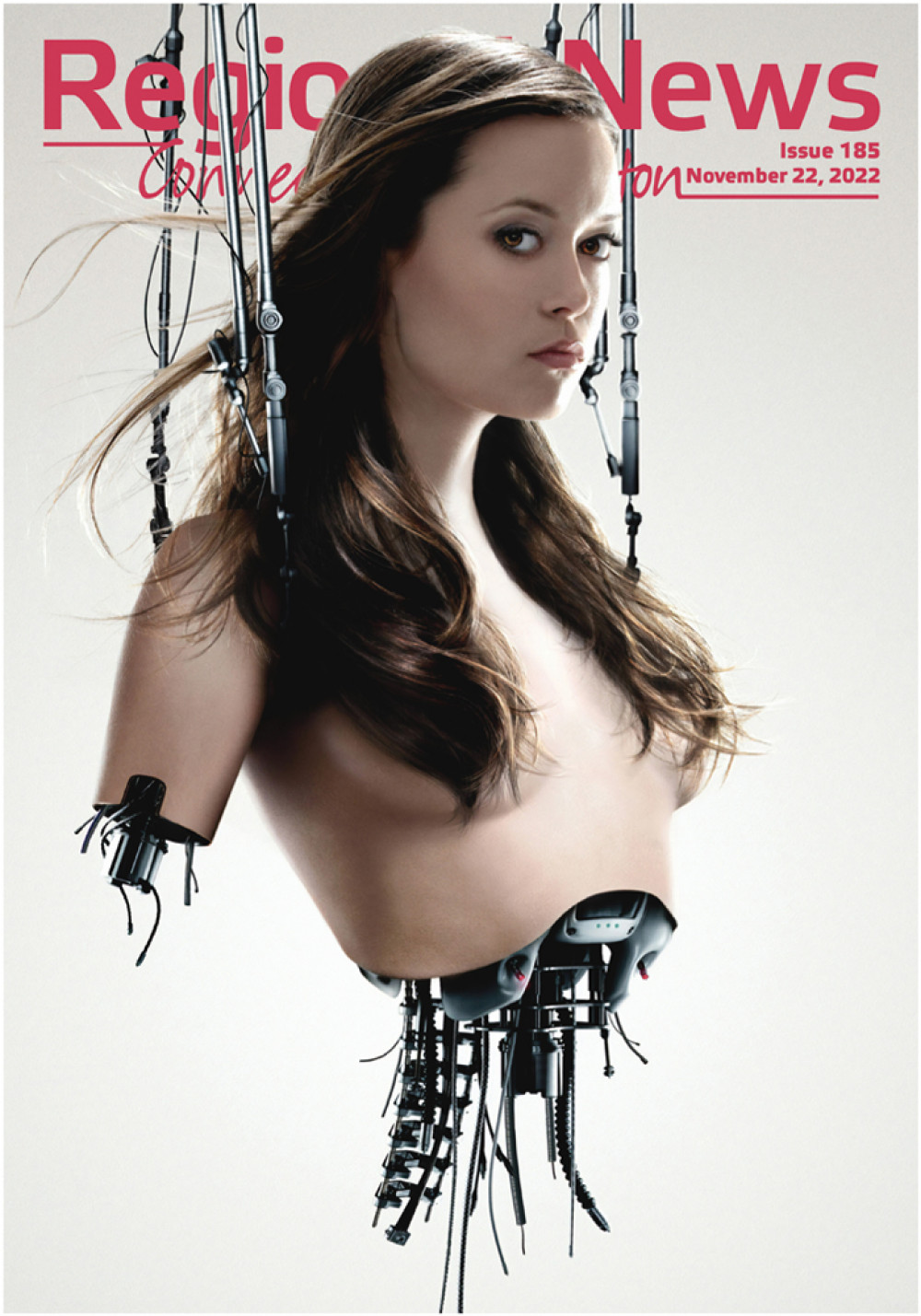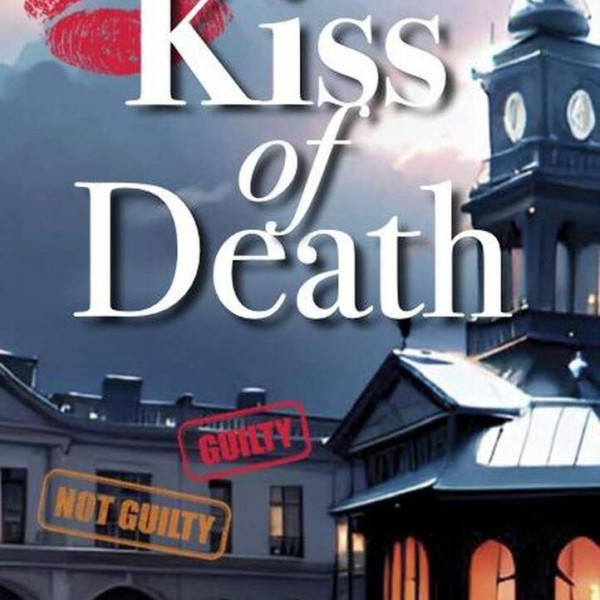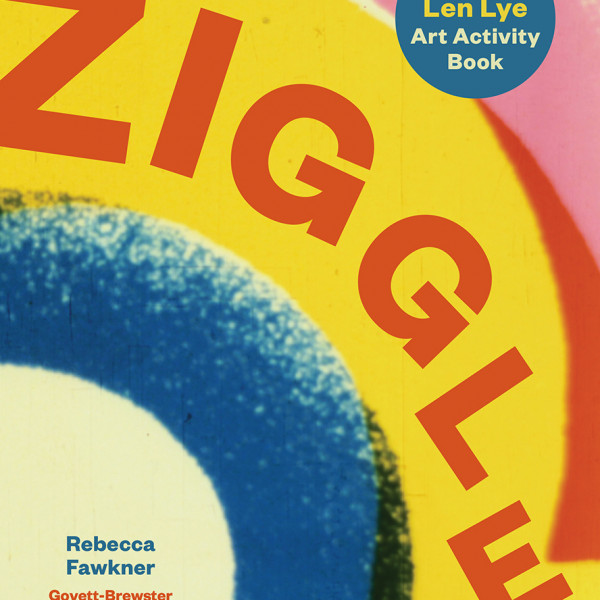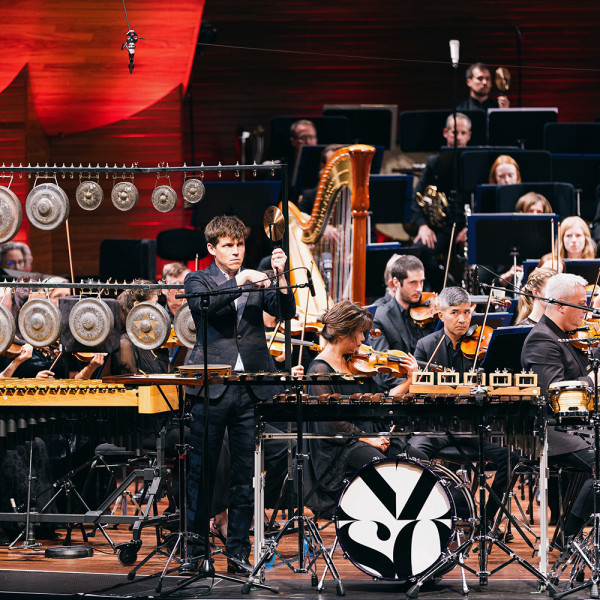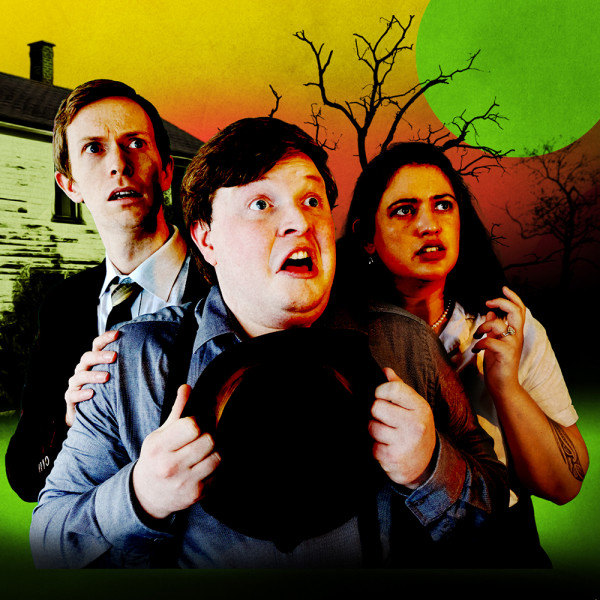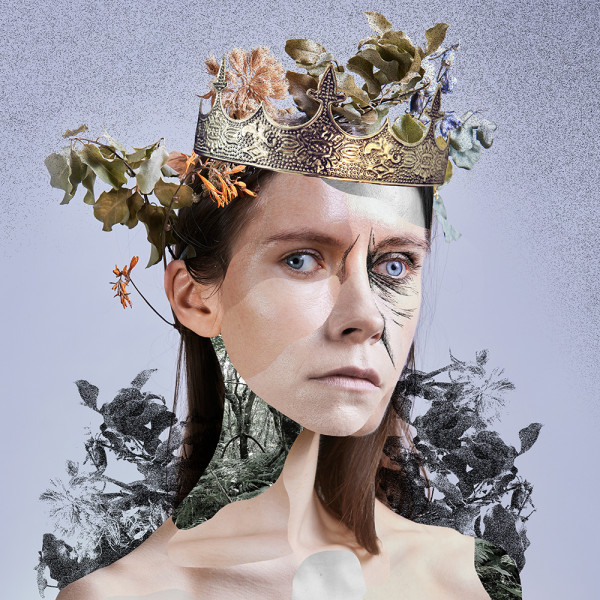
When the Cat’s Away, featuring Annie Crummer, Debbie Harwood, Dianne Swann, Margaret Urlich, and Kim Willoughby, were a New Zealand vocal supergroup formed in 1986 for fun – only to become one of our most successful bands ever! This concert, mainly including songs by iconic NZ songwriters, was also a celebration of Urlich’s rich musical catalogue.
From the moment When the Cat’s Away walked onto the stage for the first song Outlook for Thursday it was party time, and the almost 2000-strong crowd was in dance mode… who cared if it was Sunday night! What’s the Time Mr Wolf? had us singing loudly and heading into the aisles to boogie.
Original band members Gary Verberne and Brett Adams (guitars), Barbara Griffin (keys), and Mike Russell (trumpet) were ably joined by The Band of Gold – forming a rock-solid platform for the singers.
Sharon O’Neill’s Maxine, featuring a searing sax solo by Nick Atkinson, and Asian Paradise including Harwood’s beautiful clear voice, were early highlights. Boy in the Moon, from the poignant set dedicated to Urlich, was a standout and cleverly segued into The Horses.
The Herbs duo Tama Lundon and Morrie Watene joined the stage to a standing ovation. A set of their greatest hits followed, including Crummer’s gorgeous soaring vocals on her song See What Love Can Do, finishing with E Papa sung a cappella – a highlight showcasing the duo’s rich voices.
Gutter Black took us back into full party mode and Sweet Lovers, featuring lead vocals by ex-Holidaymaker Griffin, was a treat. The pumping Room that Echoes was faultless and another standout.
Let’s Go Crazy featuring blistering guitar by Adams was followed by the Netherworld Dancing Toys’ For Today – again featuring Crummer’s sublime vocals. Melting Pot had most of the crowd singing in unison to finish the set. But the party wasn’t over yet.
The first encore Free Ride had everyone either standing up at their seats, in the aisles, or in front of the stage! I Love Rock ‘N’ Roll finished the night on a high. After 30 songs and almost two and a half hours of non-stop partying, Crummer bade the crowd goodnight with “Thank you everybody and God bless. I’ll see you at PAK’nSAVE!”



